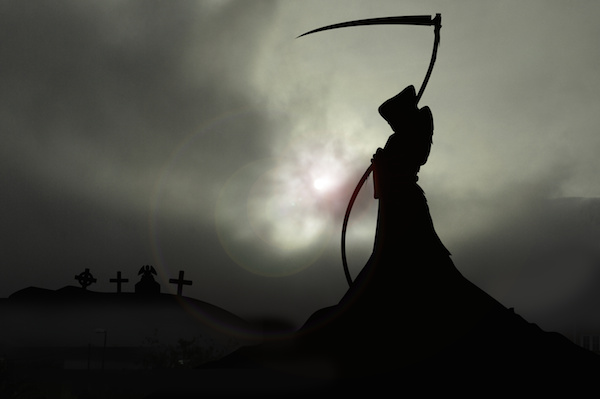Our culture holds self-reliance in high esteem, but is it the key to happiness? Sometimes moining with others can yield surprisingly effective results.

Consider our heroes (real life and fiction), our leaders, and our favorite personalities. We like them to be strong, capable, and independent.
Yet social and psychological research tells us emotional maturity is closely tied to healthy relationships and the ability to be authentic about our vulnerabilities and our need to rely on others from time to time.
Citing books about happiness and positivity, an article about connection* and happiness on Public Broadcasting System’s This Emotional Life website stated: “The ideal of ‘rugged individualism’ is a myth. Humans are social creatures; we need social networks to survive and thrive. Even independent, self-reliant people need to connect with others. The happiest people are those with strong relationships with family and friends.”
I’ve always been an independent sort, turning down offers of help and trying to do everything on my own. Age and maturity have shown me this is not always the best way.
Consider a wooden match stick, one end held in each hand. You can easily snap it in two.
But hold several wooden matchsticks and try to break them when they’re bundled together. You can’t do it.
We’re stronger when we stick together.
* Sources cited in the PBS article:
Happiness, by Ed Diener and Robert Biswas-Diener
“Happiness Is Contagious“ by Salynn Boyles
Positivity, by Barbara L. Fredrickson, Ph. D.
The How of Happiness, by Sonja Lyubormirsky
Pin this:




 Is Death Terrible…Really? Alan Watts Speaks Out
Is Death Terrible…Really? Alan Watts Speaks Out
I very recently had to ask a huge favor of my BFF. Though, I hesitated. And then I thought (I knew) that she would drop everything and be there. And she was. And she was happy to do it. I think sometimes we need to remember that others need to be needed. I needed her, she stepped up. She feels good, I feel relieved. We should not take that pleasure away from the people that hold us dear. It is hard at times to simply say, “I need help.” We cannot, and should not, go through life alone and relying only on ourselves. And what better pleasure is there than, when someone we love needs us, and we are there for them?
This is a great example, Karen. Thanks so much for sharing it. As I’ve often said in this blog, the transaction of giving takes two — a giver and a receiver.
The statement “Even independent, self-reliant people need to connect with others” seems to pose an either/or decision. If independence and self-reliance are seen by those with whom we wish to connect as the opposite of needing and loving, then we independent types are faced with the choice of being ourselves or being what someone else thinks we should be. If our strengths can be celebrated and not reshaped to meet someone else’s expectations then connection is wonderful and oh, so nurturing.
Esther, you are absolutely right and what a great contribution to this conversation! The either/or perspective is not what I took away from the research nor what I wanted to convey, yet I see that the way it was worded was ambivalent. Goodness knows, I (and I think most people) consider independence and self-reliance to be signs of maturity. I think what the researchers meant was that when these qualities exist without relationship, connection, and even vulnerability, the environment is not as conducive to happiness as it might be. I don’t think there’s room for inauthenticity anywhere in a happy environment.